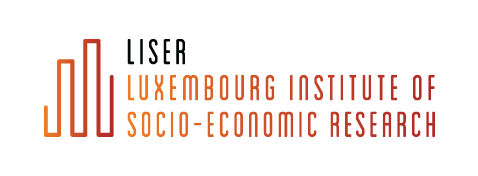This project is concerned with developing the notion of territorial (property wealth) inequality – that is, the way in which all of the land-plots and housing goods found in a given place are distributed among their owners. This notion allows for a new articulation of four research domains in economics, geography and sociology that have rarely been combined: wealth inequality in the long run, the intergenerational transmission of income and wealth, the links between housing and wealth and processes of neighbourhood change. The notion of territorial inequality entails a shift in the focus of wealth research from individual trajectories to the local mechanisms responsible for the changing concentration of the ownership of land plots and housing. This is made possible by the first
systematic analysis of a unique dataset: statements detailing transfers of property ownership sent to the Land Registry by notaries in Luxembourg between 1949 and 2015. The case study is Dudelange, a formerly industrial, medium sized city in which house prices have increased rapidly since the 1990s due to its proximity to the capital. The information in these records makes it possible to (1) assess the degree of concentration in the ownership of all
land plots and apartments in the study area and to track its evolution over time, (2) compare this concentration and its evolution for two types of groupings of owners: the individual/couple and the dynasty (the extended, multigenerational
family) and (3) shed light on two mechanisms which affect this level of concentration in a given geographical area over time: a) asymmetrical transfers (or the transfer of land plots between groupings of different wealth classes) and b) spatially uneven price changes (or price movement differences in zones which concentrate the holdings of groupings of different wealth classes). This project thus proposes a new way to think about property wealth inequality: the focus here is the land plots that make up a territory and the way in which they are distributed among groupings of people. This new approach to wealth inequality, based on a complete and geo-referenced history of a territory’s ownership structure, has the potential to put geography in the spotlight of wealth inequality
research. This exploratory project privileges depth over breadth, with work on a broader set of municipalities planned as a follow-up project.

